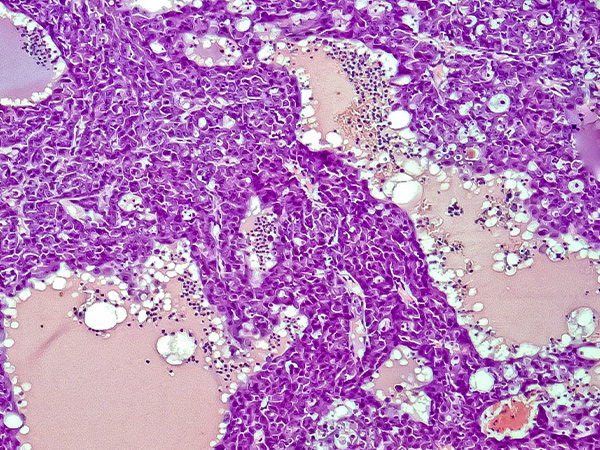Combining Immunotherapies to Treat Liver Cancer
The FDA approved using a combination of nivolumab and ipilimumab, two immune checkpoint inhibitors, to treat certain patients with hepatocellular carcinoma.

The U.S. Food and Drug Administration has approved the combination of nivolumab (Opdivo) and ipilimumab (Yervoy) to treat certain patients with hepatocellular carcinoma, the most common form of liver cancer.
More than 42,000 people a year are diagnosed with liver cancer in the United States, according to federal statistics. New treatments are urgently needed, because the five-year relative survival rate for patients diagnosed with liver cancer is just 18.4 percent.
The FDA approval of the immunotherapy combination is for patients who have previously been treated with sorafenib (Nexavar), a molecularly targeted therapeutic approved in 2007 to treat patients with advanced liver cancer.
According to the FDA approval, the nivolumab-ipilimumab combination was tested as part of the CHECKMATE-040 clinical trial. Sixteen of the 49 patients with hepatocellular carcinoma that had progressed on sorafenib or were intolerant of the molecularly targeted therapeutic had complete or partial tumor shrinkage after receiving the combination immunotherapy. For five of the patients, the effects of the treatment on their cancer lasted 24 months or longer.
Nivolumab and ipilimumab are both immunotherapeutics known as immune checkpoint inhibitors; they work by releasing brakes on cancer-fighting immune cells called T cells.
Nivolumab was approved in September 2017 as a single-agent therapy to treat patients with hepatocellular carcinoma that has progressed despite treatment with sorafenib.